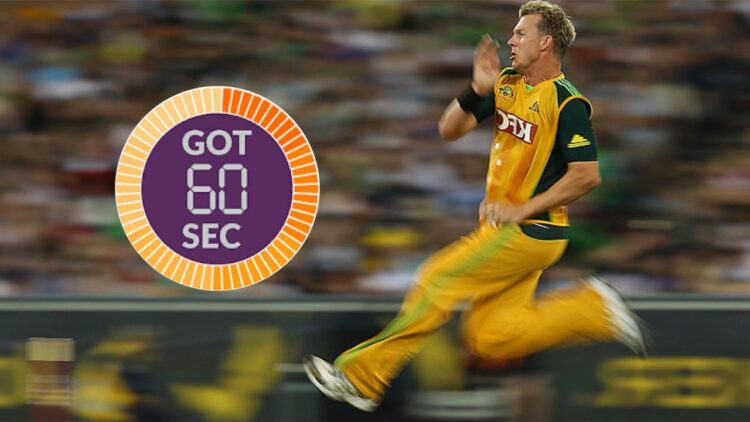ICC has introduced a new rule, the Stop Clock Rule, to add more discipline to the cricket world. We will see the effect of this new rule in the current T20I between England and the West Indies.
New Stop Clock Rule by ICC

Read Also: Widespread Power Blackout Strikes Third Time in Kenya in 3 Months
This new Stop Clock rule has been introduced so that the matches can’t be stretched beyond the actual time and can be completed within the time limit to remove time wastage.
Generally, an ODI takes 8 to 8.5 hours, and a T20 match takes around 4.5 hours to finish on average. But still, we have seen many matches that go beyond the predefined time limit, and it has become a usual norm to stretch the match, primarily due to the slow over rate.
ICC has already added a rule allowing only four fielders outside the circle for the last five overs if the match is behind the standard time. Still, a lot of matches have been stretched beyond the predefined hours. So, the ICC Men has come up with this new solution.
The new clause 41.9.4 has been added under clause 41.9, which deals with the wastage of time from the fielding side. The rule will remain enforced and be applied to 59 International fixtures from December 2023 to April 2024 on a trial basis for Men’s ODI and T20 Matches.
So, let’s know how this new Stop Clock Rule will work. After completing each over, an electric clock will start on the big screen with a countdown of 60 seconds, and the fielding side has to start their next over within this timeframe. Failing to do so will lead to a maximum of 2 warnings, and the third time, the fielding side has to face a penalty of 5 runs.
ICC has added some exceptions to this rule as well, such as in case of injury on any side or due to circumstances beyond the control of the fielding side. And the third umpire will be solely liable for starting this timer.
To get more out of our exclusive news, Join us on our WhatsApp Channel, Facebook, and Instagram.















